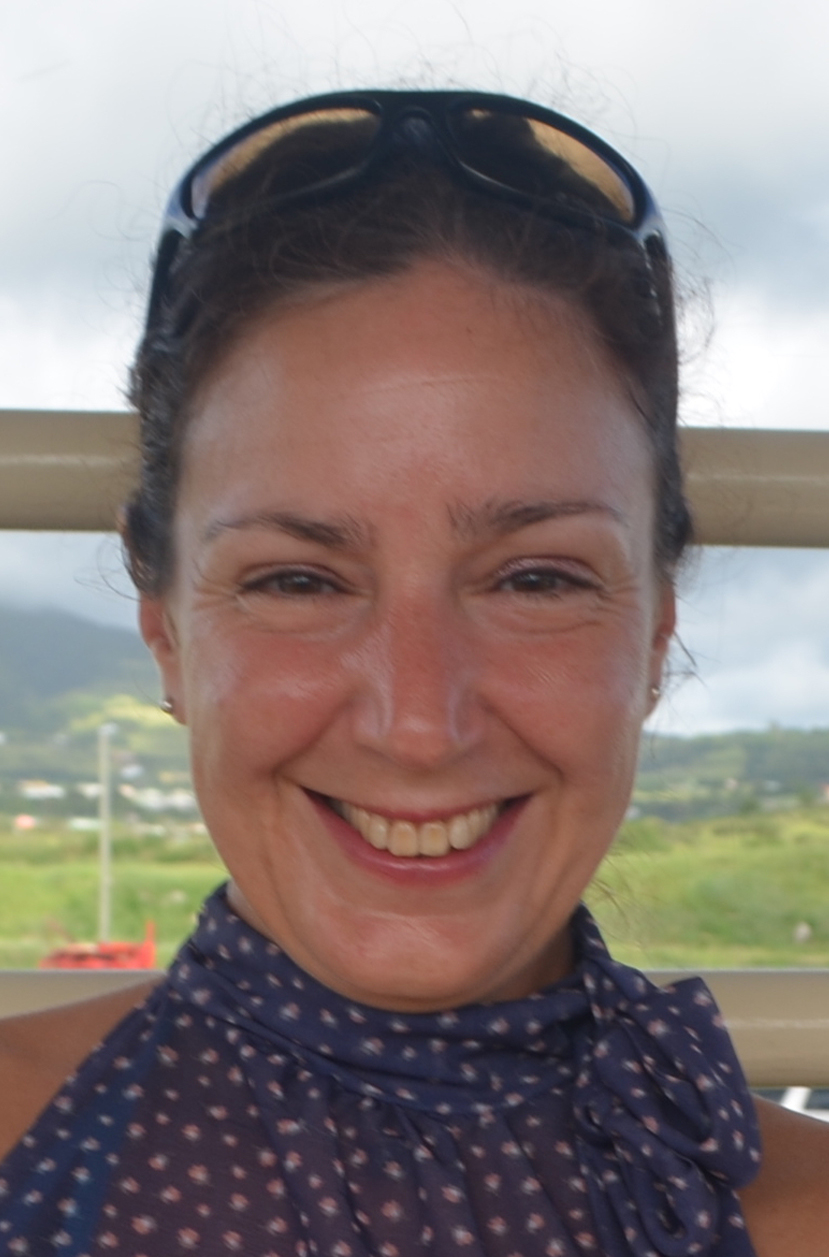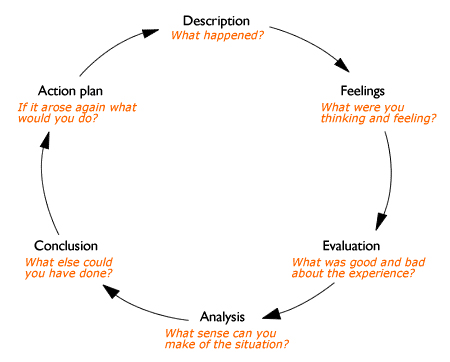-
-
- Council Members
- Role of Council Members
- Council meetings
- Council elections
- Previous election results
- Dr Louise Allum
- Dr Sam Bescoby
- Dr Andrew Clemence
- Dr Tshidi Gardiner
- Dr Reginald Godwin
- Paddy Gordon
- Dr Danielle Greenberg
- Dr Gerard Henry
- Dr Richard Hillman
- Dr Benjamin Kennedy
- Dr Tom Lonsdale
- Dr Darren Partridge
- Martin Peaty
- Alison Price
- Dr Peter Robinson
- Dr Jennifer Simmons
- Dr Sadie Spencer
- Dr Mary Thomas
- William Wilkinson
- Dr Lara Wilson
- Past-Presidents
-
- Advancement of the Professions Committee
- Standards Committee
- Audit and Risk Committee
- Education Committee
- Disciplinary Committee
- Charter Case Committee
- Preliminary Investigation Committee and Disciplinary Committee Liaison Committee
- Registration Committee
- Preliminary Investigation Committee
- Paper classification: some definitions
-
-
-
-
-
- About extra-mural studies (EMS)
- EMS requirements
- Information for vet students
- Information for EMS providers
- Information for vet schools
- Temporary EMS requirements
- Practice by students - regulations
- Health and safety on EMS placements
- EMS contacts and further guidance
- Extra-mural studies fit for the future
-
-
- Code of Professional Conduct for Veterinary Surgeons
- Code of Professional Conduct for Veterinary Nurses
- Contact the Advice Team
- XL Bully dog ban
- 'Under care' - guidance
- Advice on Schedule 3
- Controlled Drugs Guidance – A to Z
- Dealing with Difficult Situations webinar recordings
- FAQs – Common medicines pitfalls
- FAQs – Routine veterinary practice and clinical veterinary research
- FAQs – Advertising of practice names
- GDPR – RCVS information and Q&As
-
- Accrediting veterinary degrees
- Accrediting veterinary nursing qualifications
- Reasonable adjustments for student vets
- Reasonable adjustments for student veterinary nurses
- Health and disability in veterinary nurse education and training
- Reasonable adjustments for students and the UK disability discrimination legislation
- Educational assessment of veterinary nurses
- Roles of key stakeholders in the application of reasonable adjustments
- Examples of reasonable adjustments for vet nurse students
- External review of the RCVS by ENQA
- Requirements for remote and online student assessments
Learning from reflection
Jill Macdonald (pictured) is a veterinary nurse who moved from practice to education, working at Liverpool Vet School for three years before starting her own online CPD company, ONCORE. Jill has a great belief in the impact and value of learning from reflection as part of the learning process, and incorporates a reflective aspect in all of ONCORE's online courses. Here she outlines what reflection can do for us, how to apply it practically, and what the benefits of this process may be.
 Many may hear the word 'reflection', and immediately find themselves exhibiting the eye roll +/- groaning reflex. For some, the recent discussion and consultation on changes to the RCVS' approach to CPD, with inclusion of reflection on CPD, may have caused some concern. 'What are we going to being asked to do?' 'How will it help us?' 'How are we going to find time to do that as well as everything else!?’
Many may hear the word 'reflection', and immediately find themselves exhibiting the eye roll +/- groaning reflex. For some, the recent discussion and consultation on changes to the RCVS' approach to CPD, with inclusion of reflection on CPD, may have caused some concern. 'What are we going to being asked to do?' 'How will it help us?' 'How are we going to find time to do that as well as everything else!?’
Now, I am one of those practically minded veterinary nurses who just 'gets on with it', but I am also a staunch believer in the value of reflection and how much it can aid professional development - and for free!
As I'm sure most of you agree, reflective practice is one of the fundamental aspects of being a professional, and all of you will probably practise reflection without even thinking about it. So let's look at how we can incorporate reflection into our learning by practising it more consciously and mindfully.
Reflection on specific incidents
Reflection on critical incidents, difficult situations, positive outcomes and other notable events in our working (and personal) lives are great opportunities for learning from reflection, and also vital for professional evolution, but in this short piece I just want to talk about reflection on learning in particular, and how you can incorporate this into your CPD plan.
What do we mean by reflective practice?
Somerville and Keeling (2004) have provided a useful definition for reflective practice as being 'a process by which practitioners can better understand themselves in order to be able to build on existing strengths and take appropriate future action'. In their article examining how reflection can be used practically, they go on to describe differing aspects such as 'reflection-in-action', 'reflection-on-action' and 'critical reflection'.
Reflection is a cyclical process and applied to learning involves us considering something we have learnt or discovered, evaluating what is important, what we will take forward and implement and how we're going to do that; and how this may influence future development. Bingo, we have also already covered aspects of planning our future CPD - which if we're honest, is a vital step in ensuring we are participating in CPD that is relevant, interesting and useful to us in our role.
In working through the implementation process we are making our own learning valuable to the whole team, to our practice, our peers, and ultimately and most pertinently, to our patients and their owners.
Reflection has been a key aspect of learning and teaching for many years, since Kolb outlined a theory of experiential learning in 1984, and Gibbs published the Reflective Cycle, which you can see in the image below, in his 1988 guide 'Learning by Doing'. Even if you haven't seen this before, you will recognise immediately that you already go through this process whenever you effectively learn from anything - whether it be a lecture, a mistake or something that goes really well.

Practice
Consider a CPD session that you have recently attended, and have a go at working through the process using one of these reflective cycles.
To simplify the process (if you want to), consider:
What I learnt
A basic exploration of the topic covered, and some key aspects that you have taken away with you. Factual, not reflective.
How it felt
Were you surprised at anything you discovered? Did you identify deficits in your knowledge? How did you find the learning 'style' (eg webinar, discussion, practical session)? Was it a good or a bad learning experience? Did the learning tie in with any previous knowledge or experiences? How has the learning changed (or will it change) your professional approach? Is there anything that you plan to do differently?
What I am going to do?
How are you going to implement any new ideas? How are you going to share new knowledge? What do you plan to do differently? What future learning might be beneficial, and how can you action this?
What are the practical benefits of reflection on learning?
Practising reflection on learning can help you to:
- Retain information.
- Consolidate information
- Share learning with others
- Consider how to use what you’ve learned and implement it into everyday practice
- Identify further opportunities for learning
You've already been doing it, but maybe just not consciously. Make it more useful and meaningful. Reach a higher level of understanding. Make it count as part of your professional development.
Learning from experiences may be the most important source of learning, and this same skill of reflecting can be applied to the myriad of experiences we encounter on a weekly basis. It can also help us to come to terms with and move on from bad experiences, and therefore play a major role in our professional wellbeing. What's not to like? Answer in an email to Jill.
References
Fratalli, A. (2014) Concept and Theories of Supervision and Reflection. [Online presentation] [Accessed 2nd Sept 2016]
Davies, C. (n.d.) Kolb Learning Cycle Tutorial - Static Version. [Online] [Accessed 2nd Sept 2016]
Gibbs, G. (1988) Learning by Doing: A guide to teaching and learning methods. Oxford: Oxford Polytechnic Further Education Unit. [Accessed 25th Aug 2016]
Kolb D.A. (1984) 'Experiential Learning experience as a source of learning and development', New Jersey: Prentice Hall
Oxford Brookes University, 2016. Reflective writing: About Gibbs' Reflective cycle. [Online] [Accessed 25th Aug 2016]
Somerville, D., Keeling, J. (2004) A practical approach to promote reflective practice within nursing. [Online article] [Accessed 4th Sept 2016]
The Open University. (2016) 'Learning to Teach: Becoming a reflective practitioner', [Online free course] [Accessed 2nd Sept 2016]
Published on 1 April 2018